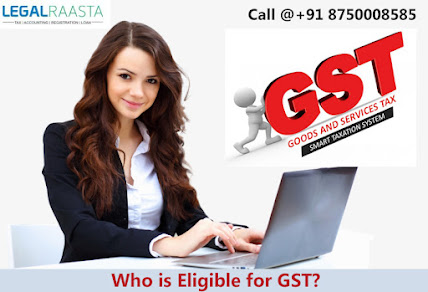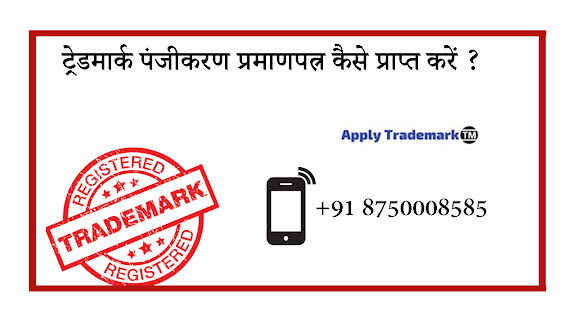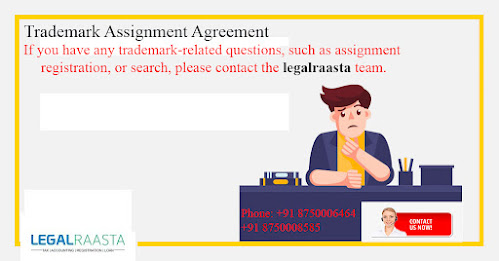Who is eligible for GST?
The Goods and Services Tax, abbreviated as GST, is a value-added tax levied on services and is an indirect tax that is paid when consumer goods or services. Furthermore, companies selling goods and delivering services must pay their fair share of GST as well. GST amalgamates several different central and state indirect taxes and thereby generates additional revenue for the government all the while eliminating the cascading effect of indirect taxes. Likewise, Registration for GST was implemented in April 2017, and all qualifying enterprises were required to register under the new regime. To kickstart the Registration for GST Process, businesses must first determine whether they are eligible to register under the latest indirect tax regime. Here’s an in-depth look at the intricacies outlined in the GST eligibility criterion.
What is GST?
GST was
implemented in India, which was a significant tax reform. To harmonies state
economies and promote the overall economic growth of the nation, the government
implemented the Goods and Service Tax on March 29, 2017. GST is an indirect tax
that includes all other taxes in its scope. GST is a comprehensive tax that is
levied throughout the entire sales process. In India, the introduction of GST registration aimed to replace a
number of different indirect taxes with a unified taxation structure.
Additionally, GST facilitates collection and increases operational
efficiency. To qualify for this scheme, companies must have less than Rs.
50 lakh in supply turnover. Therefore, register your firm for GST to prevent
breaking the law. Through LegalRaasta,
you may obtain the GST Registration
Process. In this area, we excel at easing the stress of a drawn-out
registration process.
The following individuals or entities must register for GST:
A ‘taxable person’ under GST is anyone who conducts business
in India that requires to have registration under the GST Act. A taxable person
is anyone who engages in economic activity, including trade and commerce.
Individuals, HUFs, companies, firms, LLPs, an AOP or BOI, any corporation or
Government company, body corporate incorporated under the laws of a foreign
country, co-operative societies, local authorities, governments, trusts, and
artificial juridical persons all come under the purview of the term ‘Person’.
Entities
that, other than registered taxable persons, provide online information,
database acquisition, or retrieval services to a person in India from a
location outside India.
Any
organization or vendor engaged in the interstate supply of commodities.
Unreliable
payer of taxes.
A
taxpayer covered by the reverse charge system.
Service
provider's agent.
Operator
or aggregator of E-commerce.
Seller's
representatives.
• PAN is
mandatory to obtain GST registration
so person should have PAN card for GST
registration.
• Every
individual must apply for registration in each state in which he is liable
within thirty days of being liable to registration.
Further, the assessee may even obtain separate registration
for each of his ‘business verticals’ in the same State.
• Casual or
non-resident taxable persons must apply at least five days before the start of
their business.
• Businesses
involved in inter-state supply of goods and services
• Casual
taxable person
• Taxpayers
under the reverse charge mechanism
• Businesses
registered under old tax services, such as VAT, excise, and service tax
• Any
business engaged in the supply of goods whose turnover in a fiscal year exceeds
₹40 lakhs for states in the Normal Category who have opted for the new
threshold (₹20 lakhs for special category states and those in states which have
not opted for the new threshold, for example, the state of Telangana)
• Any
business engaged in the rendering of services whose turnover in a fiscal year
surpasses ₹20 lakhs in normal category states (₹10 lakhs for special category
states)
• Agents of
a supplier
• Input
service distributors
• Businesses
that supply online information, database access, and/or retrieval services from
outside India to a person/business within the country
• E-commerce
aggregators
• Businesses
that supply through an e-commerce aggregator
• Other individuals and businesses as notified by the central/state govt, on recommendation by the GST Council.
Conclusion
So in this
above blog we have explained you what is eligibty criteria for the GST Registration In India.To
know more about GST eligibility criteria and kickstart the GST Enrollment process today, get in touch with Legalraasta GST
specialists without further ado!!To avoid many of the potential problems that lurk inside GST New
Registration Process and to fully comprehend the necessity, it is advised that
an attorney with "Taxation experience" be consulted. To begin
the procedure, you would need to provide the basic informationPlease follow the
instructions above to legally and securely incorporate a GST Registration and reap the rewards of higher-quality sales and
pleased customers.For assistance with advise about GST Registration and its compliance for the efficient operation of
your business in India, Our LegalRaasta Experts will be available at your disposal. Professionals at LegalRaasta
will help you plan efficiently and affordably, ensuring the successful
completion of the procedure. Our knowledgeable specialists are available by phone
if you have any queries about the GST
Registration procedure. LegalRaasta will make sure that you have pleasant
and seamless interactions with professionals.



.jpg)
Comments
Post a Comment